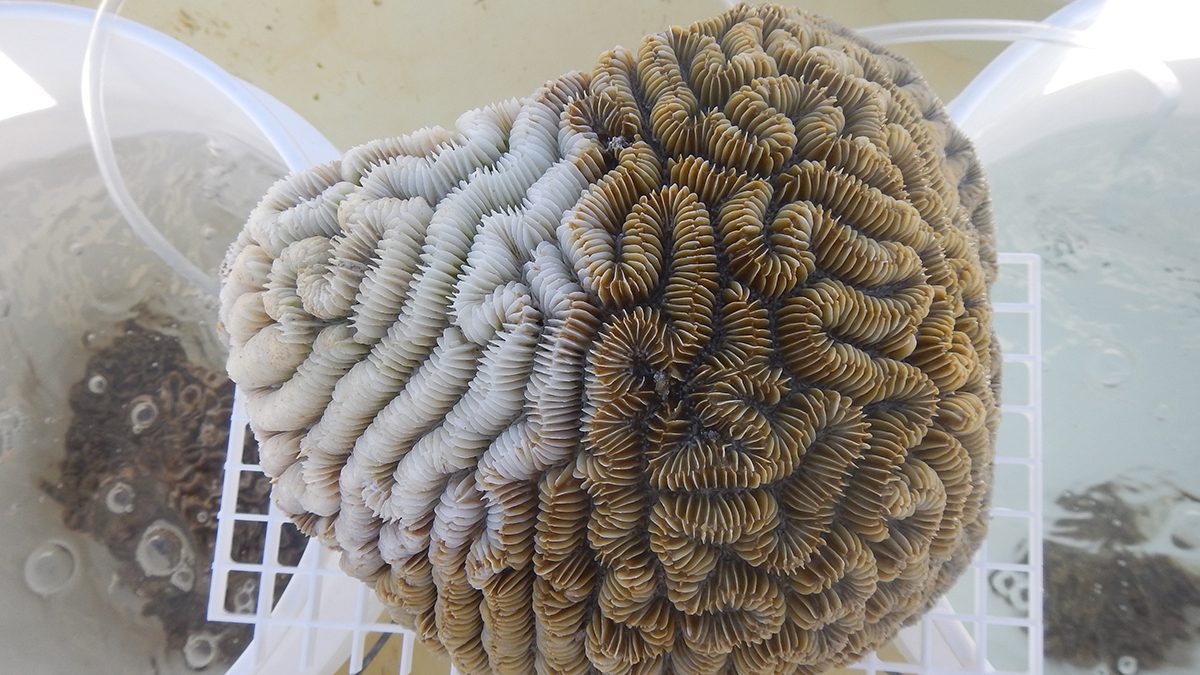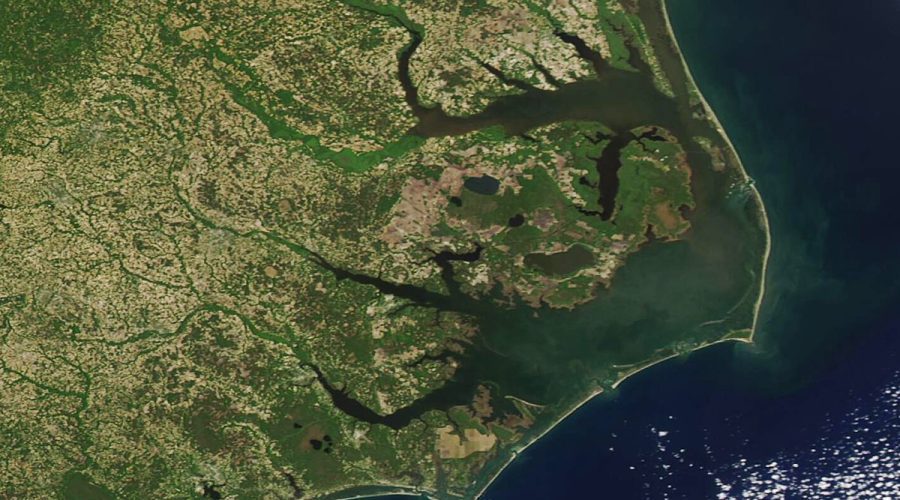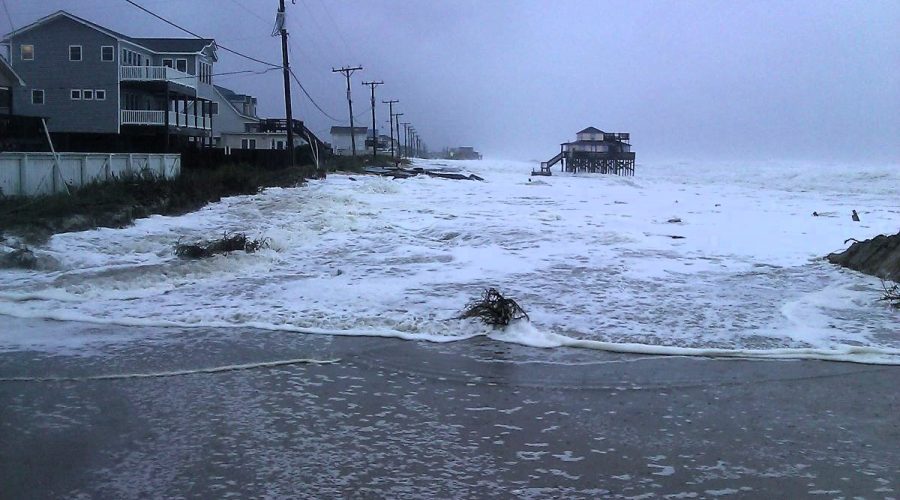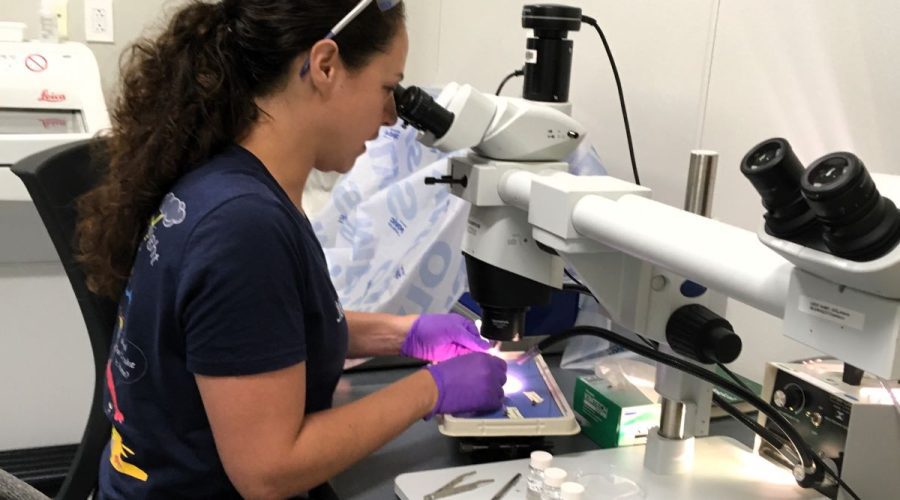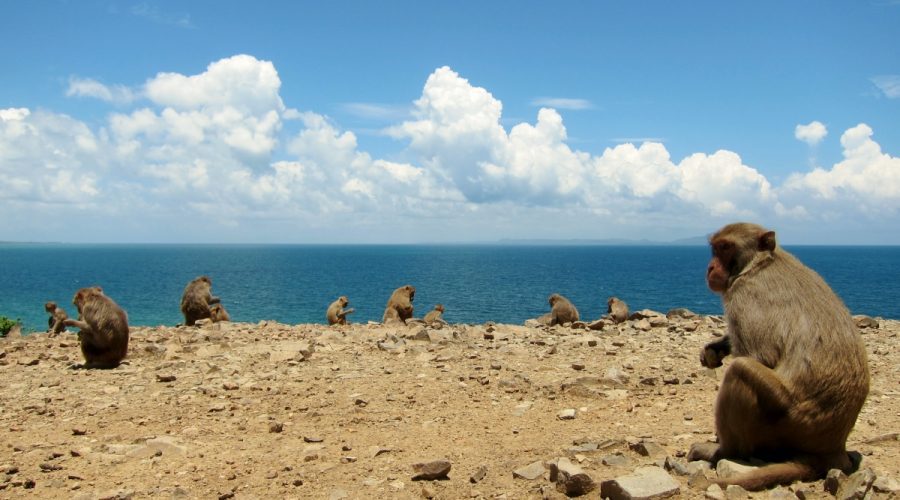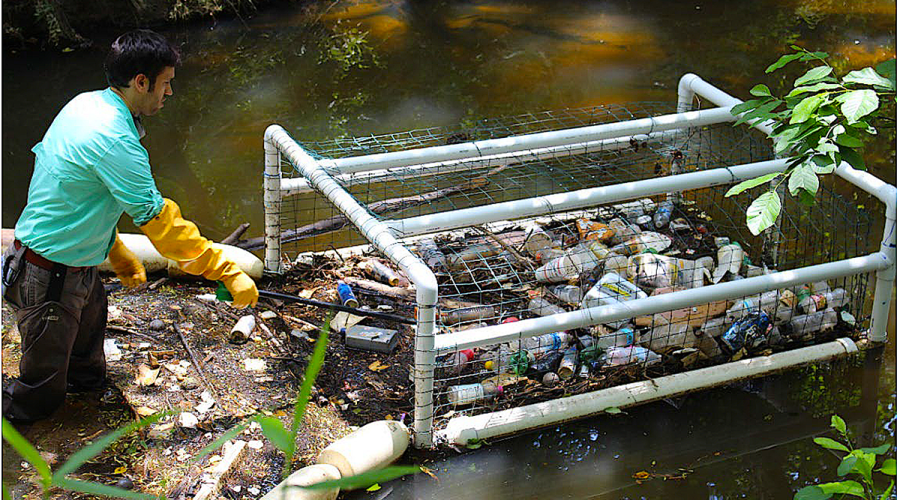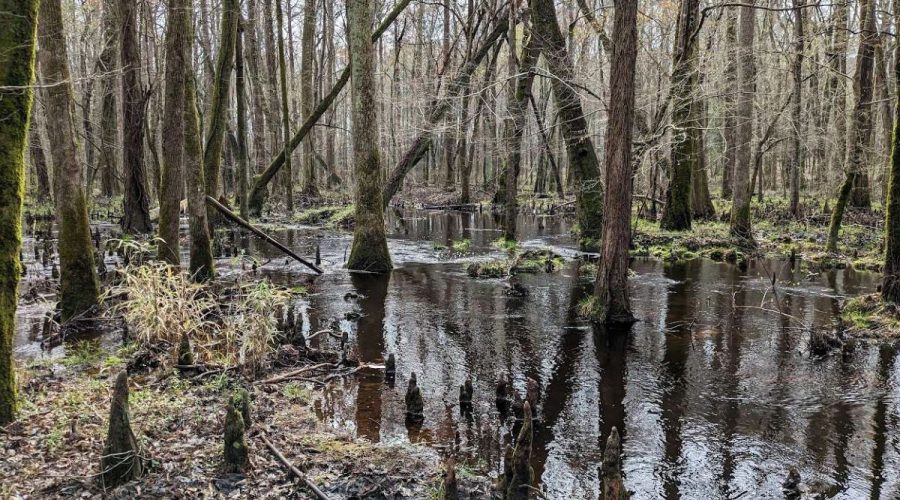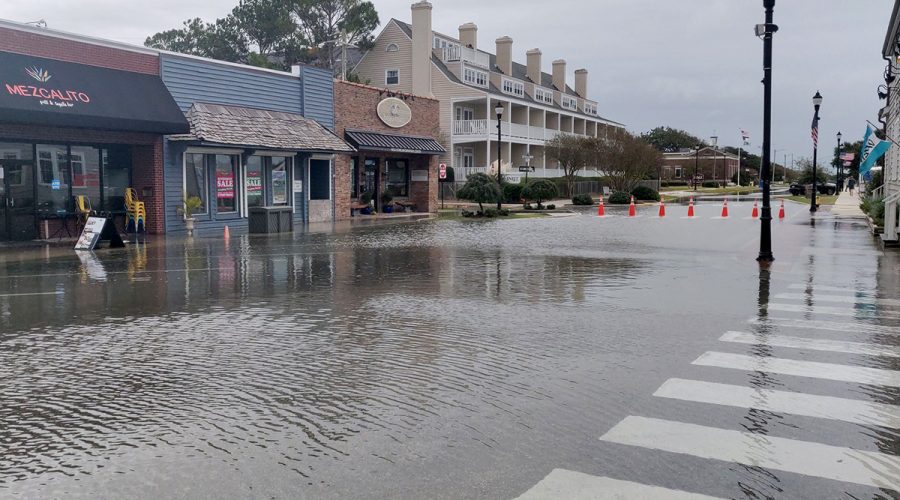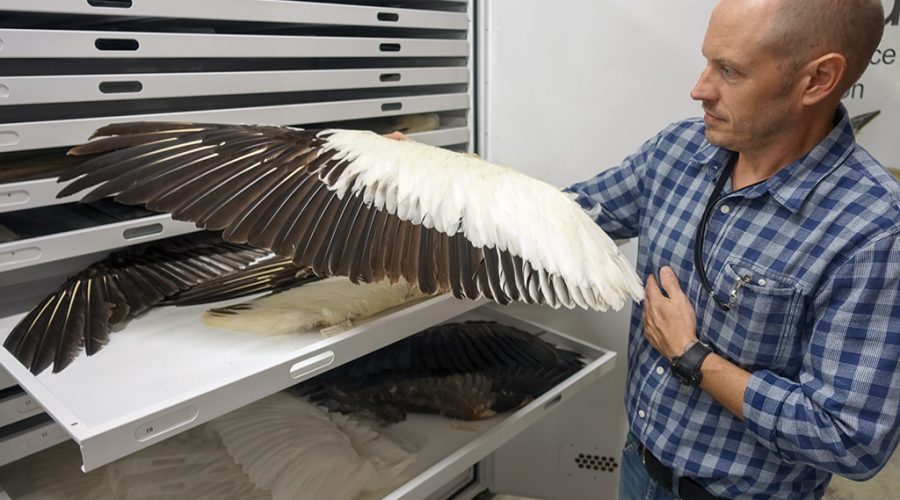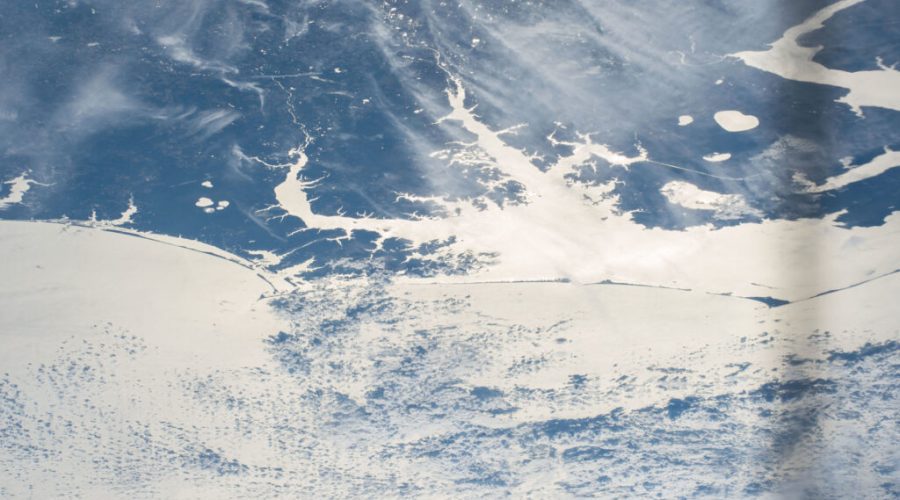University of North Carolina Wilmington researchers recently received nearly $2 million to further study how to ethically protect coral reefs from being wiped out by disease and climate change.
Science
Grant could spur coastal eco-tech hub similar to Triangle
A collaboration of researchers and scientists is working to secure $160 million over 10 years from the National Science Foundation to build an innovation center that’s the ecosystems technology analog to the Research Triangle Park’s biotech boom.
NC State’s sourdough research unlocks microbial mysteries
North Carolina State University’s Wild Sourdough Project is contributing to a global collaboration to better understand the world’s various sourdough starters and the natural microorganisms that give rise to flavor.
Pace of cyclone strengthening has doubled since 1971
A study from Rowan University in New Jersey has drawn a connection between the number of rapidly strengthening tropical Atlantic hurricanes in recent years and documented increases in ocean temperatures.
Researchers find how hogfish ‘see’ themselves change color
University of North Carolina Wilmington scientists have discovered photoreceptors that allow hogfish to monitor their own shifting hues.
Study shows extreme disasters accelerate aging in primates
Rhesus macaque monkeys on an isolated island in Puerto Rico exposed to the 2017 Hurricane Maria showed molecular aging of around two years as a result, roughly equivalent to seven or eight human years.
Study of estuaries finds lower acidification than in oceans
New research finds that nutrient pollution in the Neuse River Estuary-Pamlico Sound and Chesapeake Bay could affect how carbon dioxide is dissolved in inland coastal waters.
Study is first to sample NC rivers, streams for microplastics
North Carolina researchers have estimated the amount of plastic pollution the size of grains of sand that are entering the Pamlico Sound from the Neuse River Basin. It’s a lot.
Pilot program relies on volunteers to collect wetlands data
A volunteer-dependent program to monitor wetlands that is going into its second year may be the answer to gaps in wetland data across the state.
Artifacts appear to confirm ‘first contact’ at Roanoke Island
A copper ring and bits of pottery recently found in a layer of soil 3 feet deep on Roanoke Island are consistent with the site of the Algonquian village where English explorers arrived.
Microfossils major part of museum’s public science project
Coordinators of the N.C. Museum of Natural Sciences’ Cretaceous Creatures public science project aim to reach eighth grade classrooms in all 100 counties this coming school year.
States greatly underestimate extreme heat hazards: Study
A recent Duke University analysis finds that state emergency management departments are underestimating the growing threat of excessive heat as the climate changes.
Flooding study reveals factors NOAA forecasts don’t include
Researchers with the Sunny Day Flooding Project used Beaufort’s Front Street as a case study to test a new, real-time sensor framework for detecting and measuring coastal flooding.
Research on migratory shorebirds a ‘massive effort’
Brian O’Shea, ornithology collection manager for N.C. Museum of Natural Sciences, said the research network on long-distance migratory shorebirds, many of which we see on the N.C. coast, encompasses the entire Western Hemisphere.
Scientists’ blog helps make NC climate, weather make sense
The State Climate Office has long published its Climate Blog, and the project to provide easily accessible information continues to yield new answers to the question, “What do we mean by ‘coastal plain?'”
Survey looks deeper for signs of Algonquian ‘First Contact’
Archaeologists are using ground-penetrating radar and GPS to survey part of the Elizabethan Gardens on Roanoke Island, an erosion-threatened area that could hold artifacts from the Algonquian village where English explorers first made contact in 1584.

